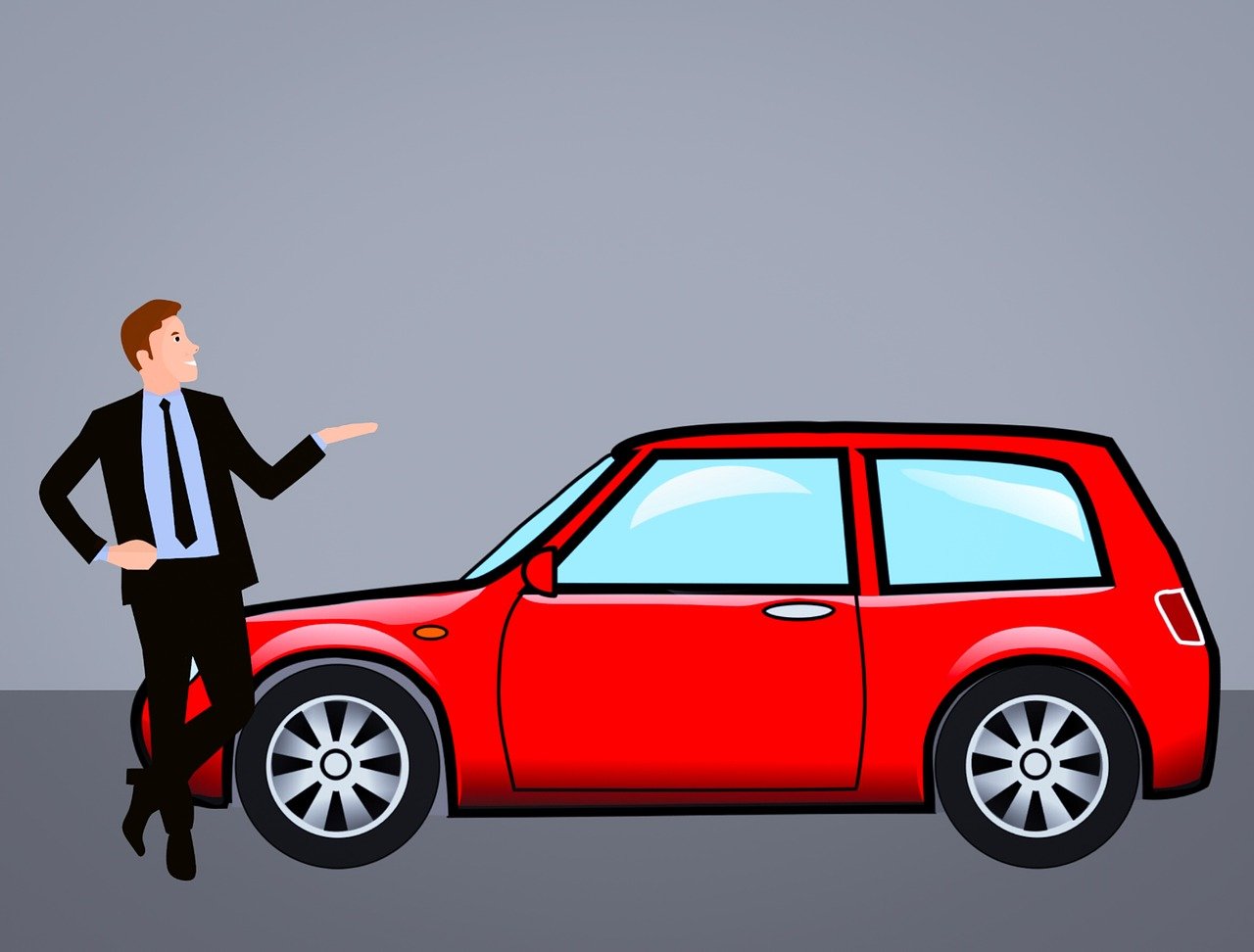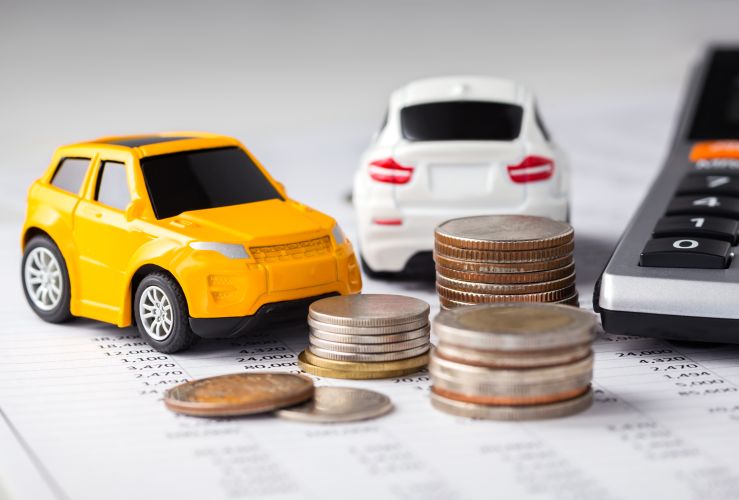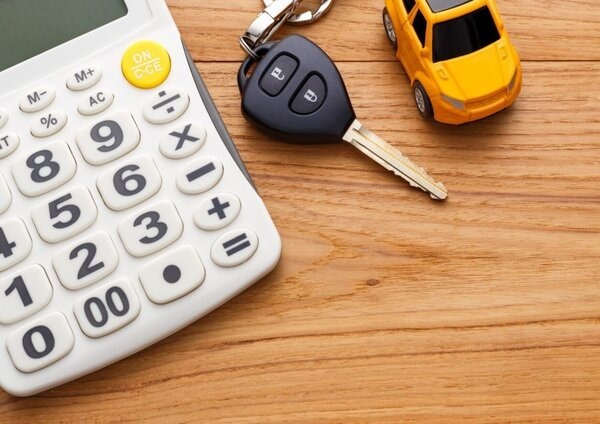Leasing vs PCP: Everything You Need to Know
Like everything in the modern world, we are all spoilt for choice. If you can't afford to buy your new vehicle upfront, for instance, there are still several options available to you, with the most popular services being leasing or car finance. But what is the difference? Let's find out below by taking as a car finance example, PCP (Personal Contract Purchase) vs. Car Leasing.
Both finance and leasing aren't new inventions. This concept comes from across the pond in North America. The first mass-produced car was the Ford Model T in 1908, and in today's money, it would cost just south of £16,000. Many people couldn't afford it upfront back then, so it was clear that there was a need for some form of financing system. In 1919 General Motors formed The General Motors Acceptance Corporation as a way for ordinary people to buy a car with little money. The Ford Motor Company decided to take a different approach as they weren't keen on anticipating money to customers and running the risk of getting into debt due to car financing. Instead, they required a down payment and weekly instalments paid into the local dealer’s account, and only when the full purchase price was paid off, the customer was allowed to drive the car away. As you can imagine, this wasn't very popular. By 1928 Ford did a three-point-turn and set up an auto loan subsidiary so ordinary people could set up installment loans and take delivery all at once. But what about in the UK?
Fast forward 40 years to the 1960s, and Ford had introduced the Cortina, a vehicle that captured the essence of hip and groovy, 1 in 3 cars sold in the U.K. was a Ford, and 1 in 10 was a Cortina. Back in the late 1960s in Britain, if you earnt £3000 (which is around £65,000 in modern money)you had to pay 41% of that in tax, and many businesses, to get around this, would pay their employees slightly less, but then to make up for the difference, they would give them a car which was not subjected to any taxes at all. This is how so many people could afford to drive brand-new cars back then.
Now on to the 90's after 30 years of change in governments and taxes, things had changed significantly by this time. At the start of the '90s, after the success it achieved in America, Ford introduced PCP into the UK.

What is PCP?
PCP stands for Personal Contract Purchase, which is a car financing option really popular among drivers, resembling a loan taken to purchase a car. Differently from a personal loan, however, with PCP you are not obliged to repay the entire value of the car unless you choose to keep it at the conclusion of your agreement, as the last payment is optional.
How does PCP work?
After checking that you’re eligible for this form of car finance, you will be required to make an initial payment/deposit for the car you’ve chosen (new or used) and set your mileage limit (this will affect your car’s residual value). You will then be responsible for your monthly instalments for the remainder of your financial agreement (usually 3 to 5 years). Once you get to the end of your agreement you’ll have three options:
- Make the voluntary final payment, called “balloon payment” and retain ownership of the car. Once you have fully cleared your car finance, the vehicle will effectively belong to you. However, it's important to note that the balloon payment is typically higher than your monthly instalments.
- Return the car to the lender if you have no intention of keeping it.
- 'Trade in' your car and utilize its value, after deducting the balloon payment, as a deposit toward purchasing a different new or used car.
What is Leasing?
A car leasing agreement is a long-term car rental that ranges from 24 to 48 months.
As part of your lease agreement, you will make monthly payments towards your chosen car, allowing you the flexibility to select a vehicle that suits your preferences, lease duration, and expected mileage.
Additionally, you will be responsible for your car insurance, servicing, and maintenance (unless they are included) and covering any extra charges like excess mileage if you surpass the agreed-upon limit stated in your car lease.
For car leasing, you will be required to provide an initial deposit ranging from one to 12 months. Keep in mind though that a larger deposit will result in lower monthly payments.

What other differences are there?
- With leasing, you don't pay any interest as you’re effectively not buying a vehicle at the end of your agreement. However, on PCP you will pay an interest, as you are borrowing the value of the car and have the option of buying the vehicle at the end of your agreement.
- With leasing you can drive a brand-new car away with the manufacturer's warranty, this means that you will be covered if anything goes wrong. With finance, you have the option to choose either a new car or a used one so warranty and security may differ depending on the age of the vehicle.
- If you want to end your leasing contract early, you will most likely have to pay an early termination fee, whereas when it comes to PCP you can end your finance early by either voluntary termination or settling the outstanding balance.
- With PCP, if you wish to purchase the car at the end of your agreement, you have the option to pay a ‘balloon fee’ – after which you then own the vehicle, and if you wish to part exchange, or sell it after this stage, you can. With leasing instead, you just hand the vehicle back at the end of your agreement.
We hope our article has helped you clear any doubts regarding leasing and PCP. However, should you have any further questions, please don't hesitate to contact us at Perrys where we have a range of finance options to suit everyone.
*pcp *car_leasing *car_finance *leasing *finance_options


